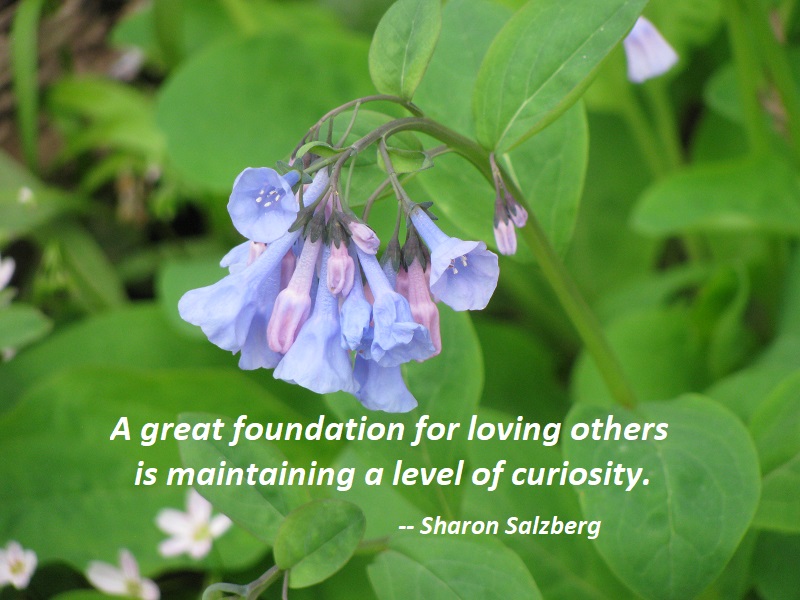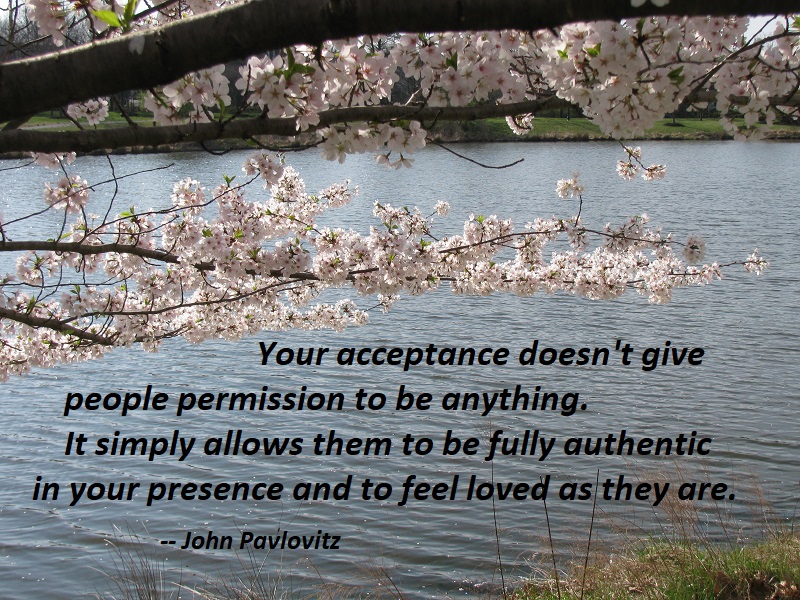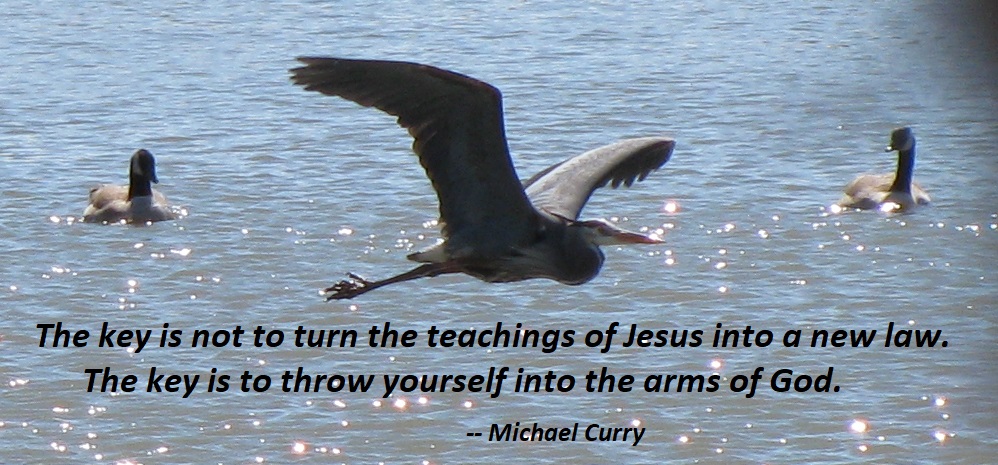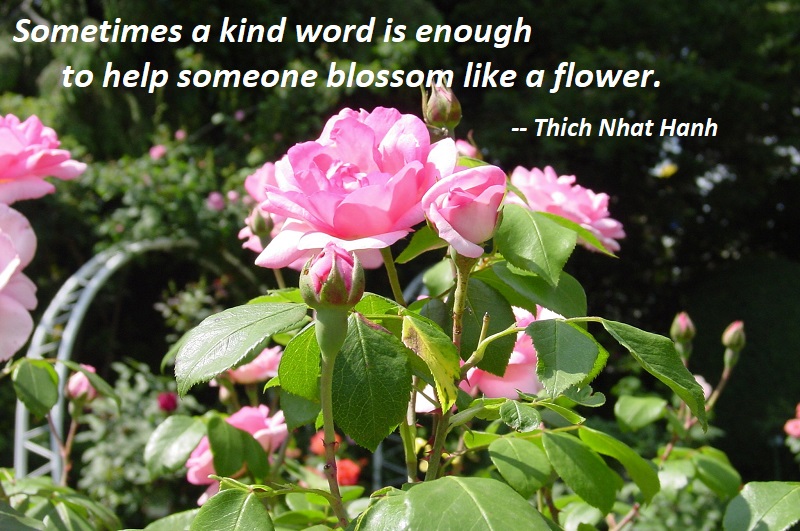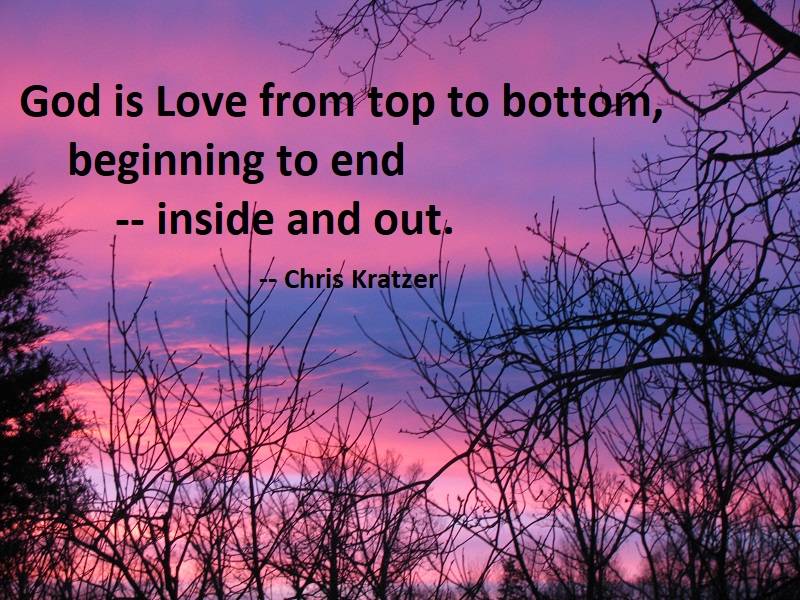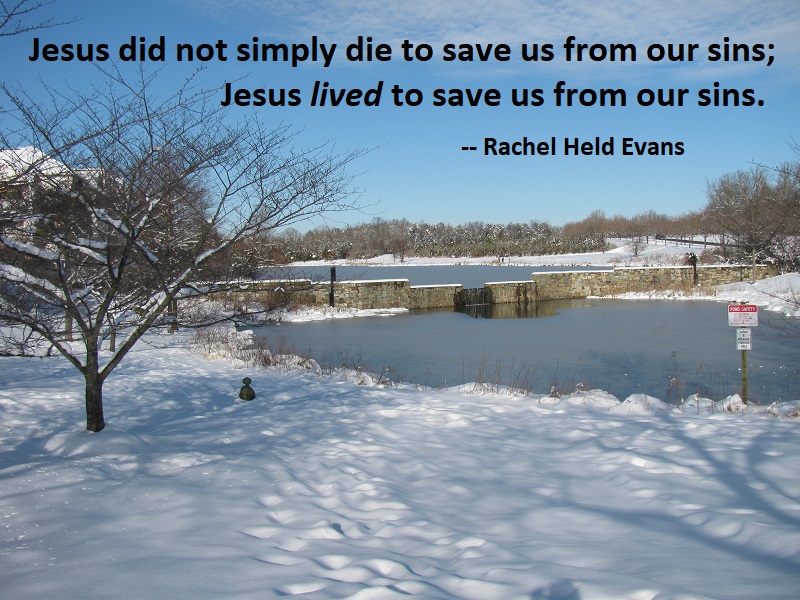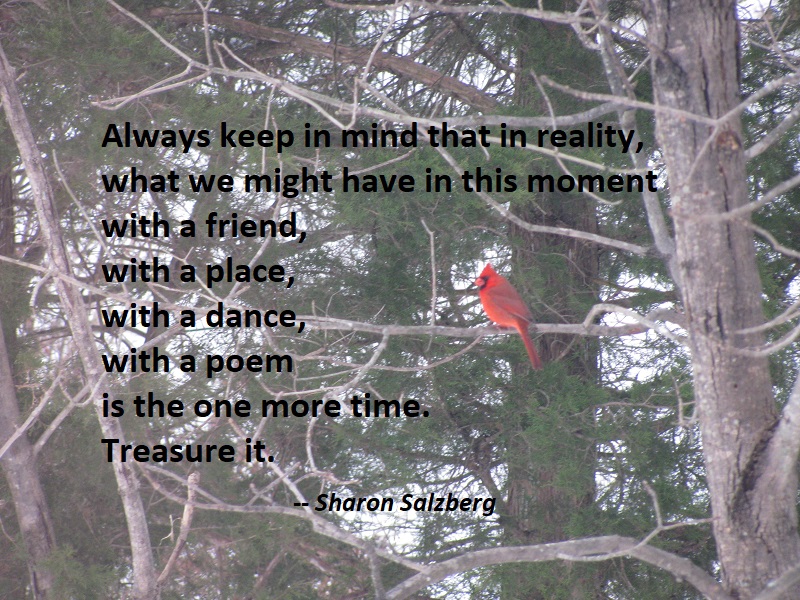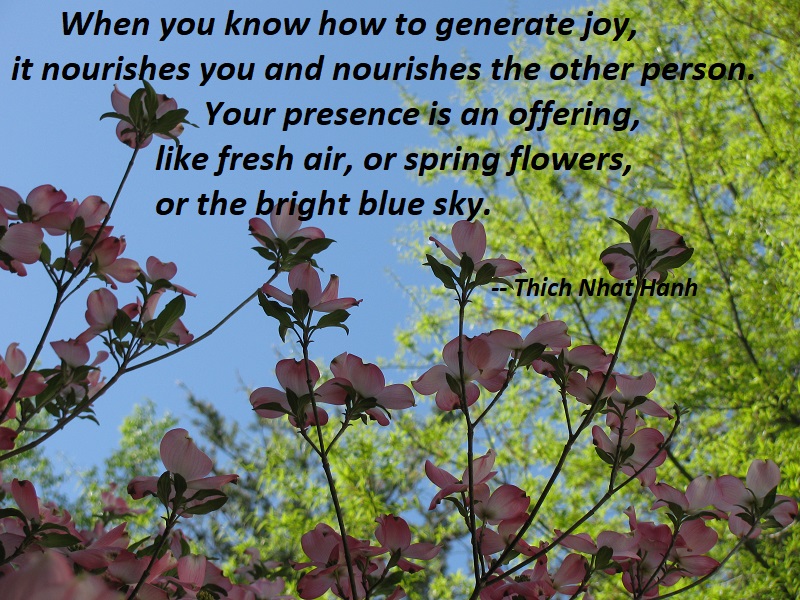True Relationship

Yet even though “Love God and love others” is a good summary of the law, this statement is still a law, and Christians are not called to live according to the law. Instead, we are invited to live within a relationship based on love. While God does want us to love Him and love others, we cannot do this until we know that we are loved unconditionally. And once we know we are loved by God, love for Him and for others flows naturally from Him through us as we live within that love. This only makes sense, for no relationship can be built on law. True relationships are always and only built on love.
— J. D. Myers, Nothing But the Blood of Jesus, p. 76
Photo: South Riding, Virginia, April 8, 2019
